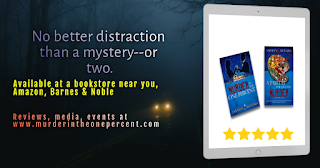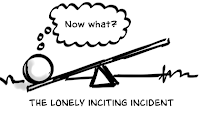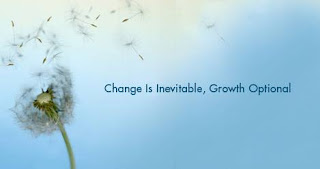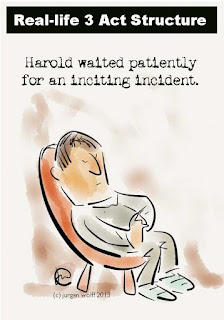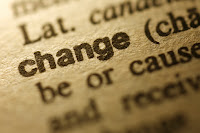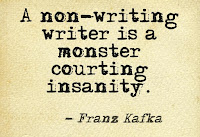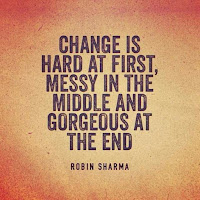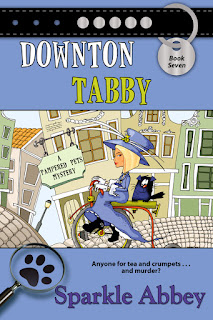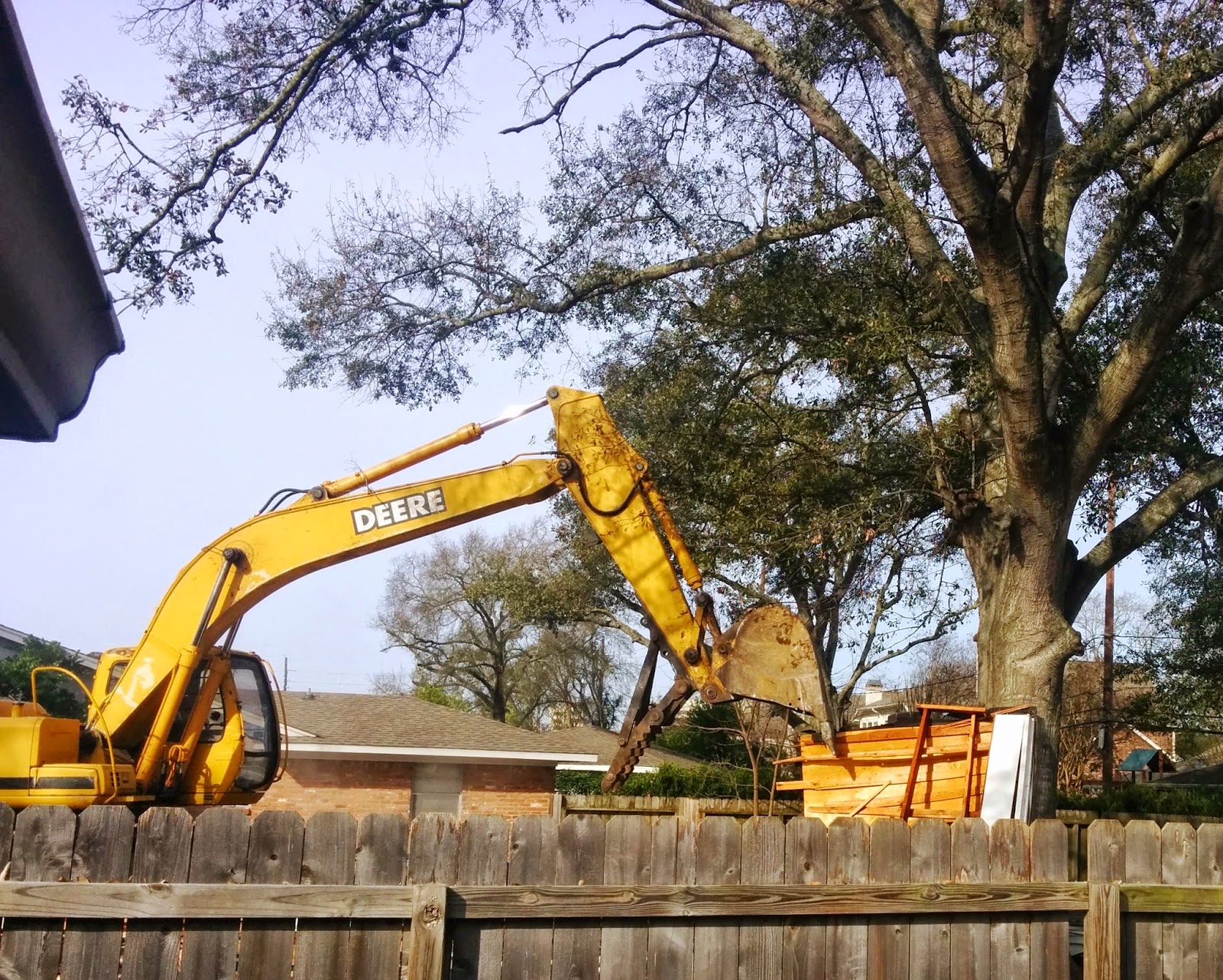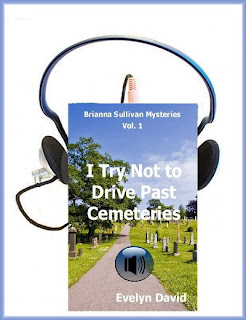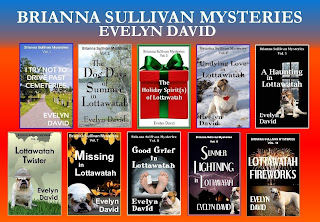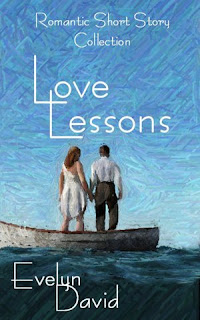A Virus Changed Us—T.K. Thorne
Covid-19 changed us.
Our grandchildren, or those who were very young during it, might forget all about it by the time they are grown, as most of my generation has little knowledge of the 1918 flu pandemic and the fact that President Woodrow Wilson tried to suppress news of that devastating because he thought it might lower moral during war time (WWI). Spain, being neutral in the war, reported their cases, hence, the pandemic was misleadingly dubbed the “Spanish” flu.
We, who lived (and are living) through Covid, have memories of the terrible stress of those early months—watching freezer trucks lined up in NYC to hold bodies, disinfecting our groceries, not being able to see or touch a newborn grandchild or elderly loved ones, and dealing with the seclusion of our home santuaries/prisons. Grocery stores had a strict limit on how many people could be in the store at a time. We tried to stay six feet away from other humans. Those who worked from home had to learn new technology and simultaneously deal with children who would normally be at day care or in school. People were dying by the thousands; jobs and housing were often hanging by a thread. It felt like the end of the world.

Screenshot
I dealt with the stress by learning to swing a mattock (a pick/hoe combo tool) and attacking the wisteria invasion in my back yard, then pulling tiny plants from the moss along my brick walkway, rescuing two horses, and creating a small pond in my yard. I learned Tai Chi from Internet videos, started watercolor painting, and growing vegetables with my flowers. Fortunately, I was working on a non-fiction writing project (Behind the Magic Curtain: Secrets, Spies, and Unsung White Allies of Birmingham’s Civil Rights Days) and had a lot of research and editing to do—because my creative writing muse was on ice.
During the hay days of Covid, people relished the opportunity to get outside, to breath the healing air exhaled by forest or gardens. Passing someone on a path or sidewalk (even at a distance), we felt an instant connection, happy to see a person of any sort, perhaps the same way those who lived in isolated villages throughout the world have always eagerly welcomed visitors.
Friends who live on their boat in the Caribbean during non-hurricane months told us that during Covid, they were “stuck” near a small island with five other boaters with whom they developed close relationships. The island was closed, but the owner of a small restaurant on land snuck them groceries and took in laundry.
My cousins in the suburbs north of Atlanta began gathering weekly in someone’s yard with their neighbors for a drink and conversation, a ritual they continue.

Today, tending my garden (and two fish—meet “Blue” and “Golda Meir”) and horses, practicing martial arts, and painting give me joy and peace. I look at the land around us with a different eye, thinking about whether and how we could supplement our food if needed. My writing Muse woke up after throwing water in her face and shaking her, and I finished a new novel.
The changes are internal and external. The downtown of our nearest major city has transmuted. More people live there; less people work there. Working from home has left commercial buildings across the country empty but given millions of people options about where they live and how they work. We are still adjusting. I hope we are also remembering.
- Remembering that people are precious, regardless of their politics.
- Remembering that nature is precious and powerful.
- Remembering that we can adjust; we can change; we can meet challenges.
Today, despite all the scary stuff going on, I have more faith that people will adjust. What a strange gift from a pandemic. If you think about it, nature regularly reminds us what we are capable of.
“Dear Autumn . . .
[you are] a Master of self-preservation.
Entering this world to teach us
not to fear change.
It is necessary.
Inevitable.
Trust
That growth will follow. . . .”
—Amanda Davis
![]()
I write about what moves me, following a flight path of curiosity, reflection, and imagination.
Check out my (fiction and nonfiction) books at TKThorne.com



